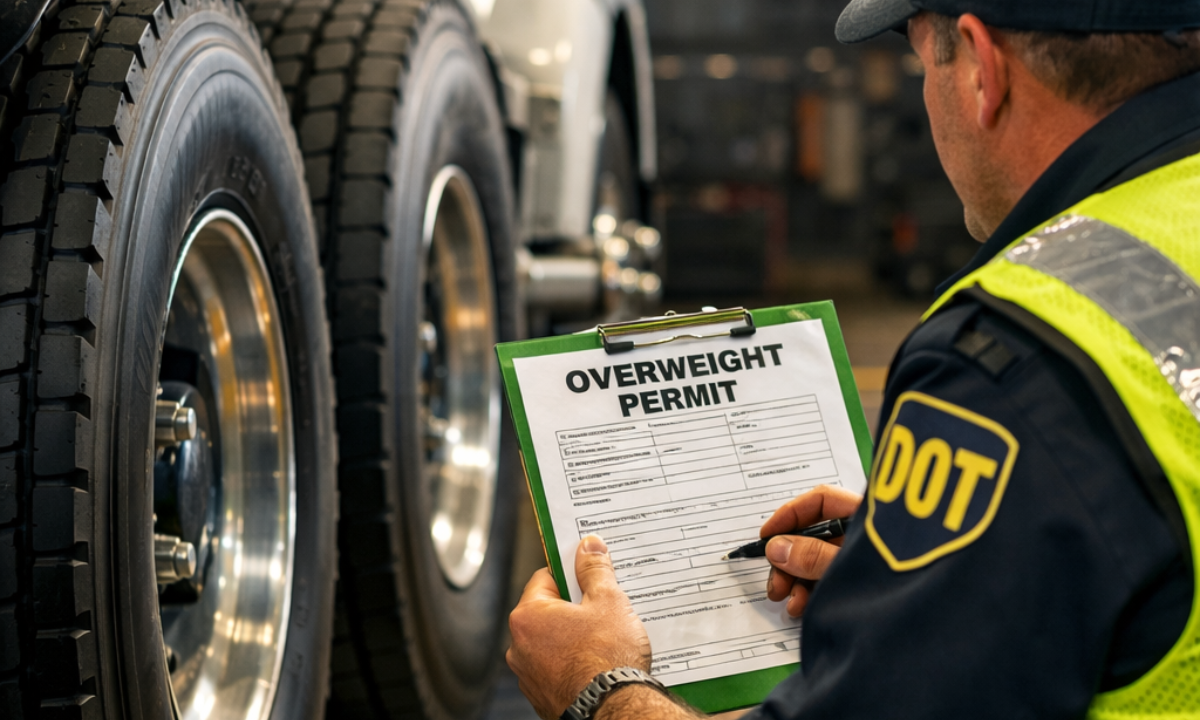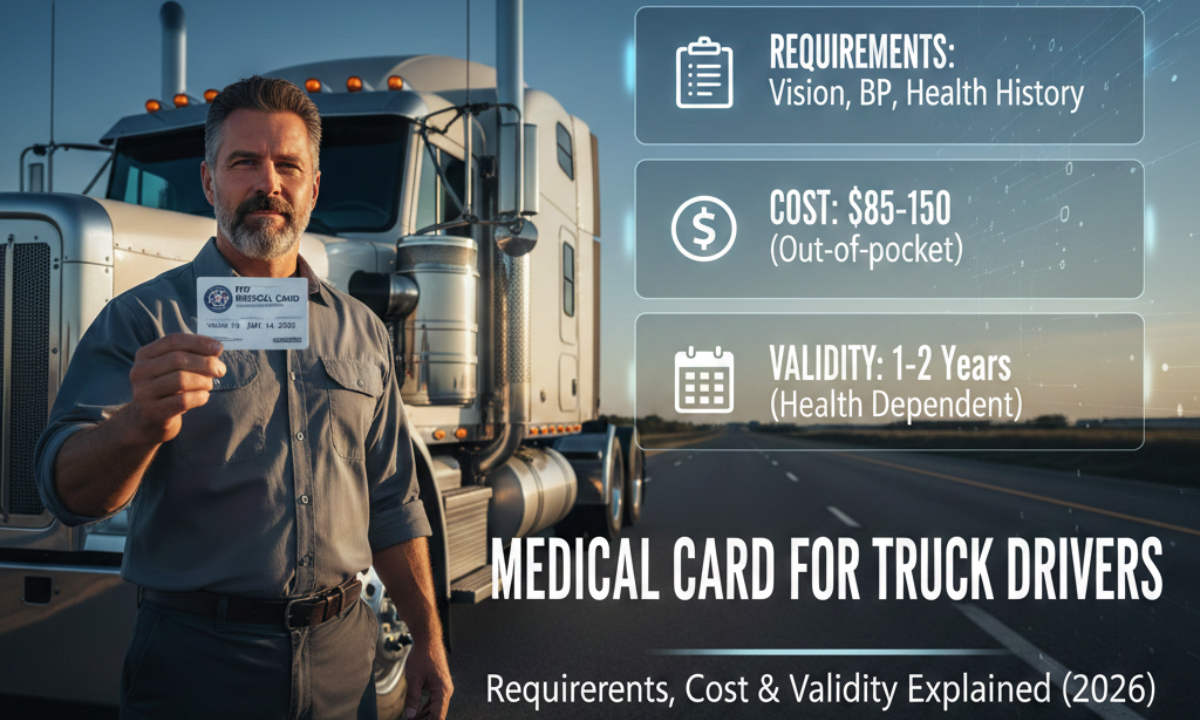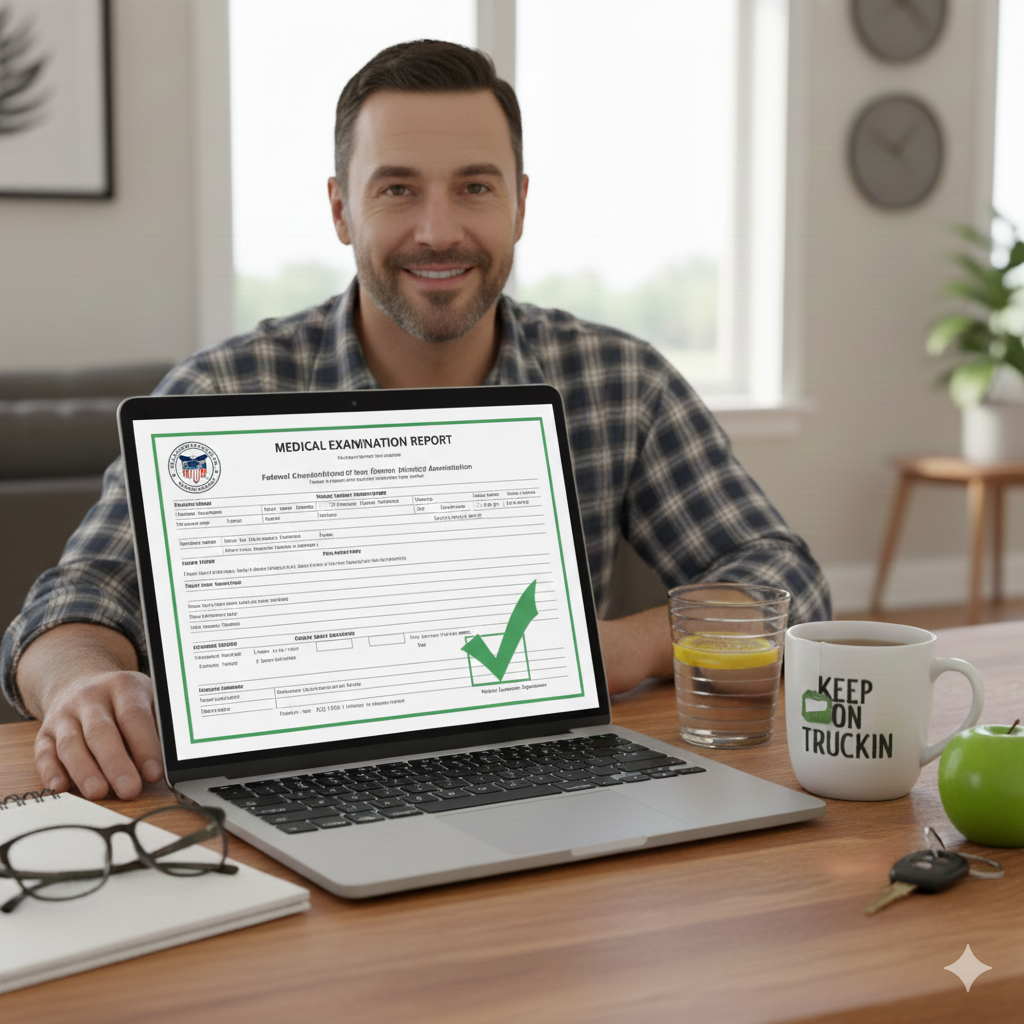IFTA Demystified: Simplifying Your Fuel Tax Reporting
International Fuel Tax Agreement (IFTA) simplifies the reporting and paying of fuel taxes for interstate carriers between member U.S. states and Canadian provinces. Mastering the regulations is essential to avoid fines, weather audits, and keep cash flow on fleet vehicles predictable. This guide simplifies the must-knows—no jargon, no confusion—to allow carriers to remain IFTA-compliant with confidence.
Who Must Register for IFTA?
Any carrier running a qualified motor vehicle—i.e., a truck or combination over 26,000 lbs GVW or with three or more axles—through two or more IFTA jurisdictions is required to have an IFTA license and decals. Not registering can result in substantial penalties at roadside stops or under DOT audit.
Getting Started: License & Decals
- Apply through your base jurisdiction (state or province of registration).
- Get two IFTA decals per power unit and mount them on opposite outside sides of the truck.
- Keep a copy of the IFTA license in each qualified vehicle—paper or digital.
Keeping up to date each calendar year avoids compliance gaps and facilitates easy fuel‑tax filings.
Tracking Miles & Fuel: Record‑Keeping Basics
Clear records are the foundation of IFTA reporting:
- Trip sheets or ELD data should reflect origin, destination, route, GPS readings, and total miles per jurisdiction.
- Fuel receipts should include date, seller name, location, gallons/liters, and price. Legible electronic receipts are okay.
Keep all records for a minimum of four years in the event of an IFTA audit.
Clean receipts and consistent mileage tracking mean accurate tax calculations and fewer audit headaches.
Quarterly Filing: How the Math Works
Carriers file an IFTA tax return each quarter that totals:
- Total miles traveled in each jurisdiction.
- Total fuel bought in each jurisdiction.
- Jurisdiction‑specific tax rates (quarterly updated).
The calculation:
(Total miles within jurisdiction ÷ total MPG) × jurisdiction tax rate – tax paid at the pump = net tax or credit.
Positive balances indicate a payment is owed; negative balances are a credit applied toward future filings.
Avoid these Common IFTA Errors
- Omitting odometer readings at state or provincial boundaries.
- Metered mileage entries rather than precise numbers.
- Lost or illegible fuel slips.
- With using outdated tax rate tables.
- Filing late and paying penalties plus interest.
Avoid these mistakes by implementing standardized trip logs and automated mileage‑capture devices.
Digital Solutions to Streamline Compliance
New IFTA software platforms are integrated with ELDs, GPS, and fuel cards to:
- Auto-capture mileage by jurisdiction.
- Import fuel transactions real time.
- Create ready-to-file quarterly returns.
- Offer alert reminders for near due dates.
Automation minimizes manual entry and cuts reporting time—freeing up drivers and back-office personnel for higher-value activities.
Audit Readiness & Best Practices
Up to four previous years of IFTA reports can be audited by regulators. Enhance your case by:
- Keeping digital copies of all trip sheets and receipts.
- Matching mileage report totals with ELD or telematics data.
- Performing quarterly internal spot checks.
- Educating drivers on accurate fuel tax documentation requirements.
Preventive habits guard against CSA scores, financial surprises, and reinforce a culture of compliance.
Final Thoughts
Getting through IFTA fuel tax need not be a mystery. Proper record‑keeping habits, quarterly filing habits, and automation solutions make it possible for fleets to make a difficult rule an easy back‑office procedure. Getting ahead of deadlines and details keeps trucks moving, cash flow positive, and auditors happy.












